You've probably been told a million times that pregnancy is supposed to be this happy, glow-y time of your life — which can make you feel pretty crappy if that's not your experience.
The thing is, if you're not having a picture-perfect pregnancy, you're not unusual — and you're definitely not alone. You just need to take extra care of yourself.
To help you understand everything you should know about dealing with depression while pregnant, BuzzFeed Health talked to women's health and reproductive psychiatrist Dr. Sonya Rasminsky; clinical psychologist Shoshana Bennett, Ph.D., co-author of Beyond the Blues: Understanding and Treating Prenatal and Postpartum Depression & Anxiety; and maternal fetal medicine specialist Dr. Wendy White. Here's what they want you to keep in mind.
1. First things first: Prenatal depression is a real illness that many women deal with.
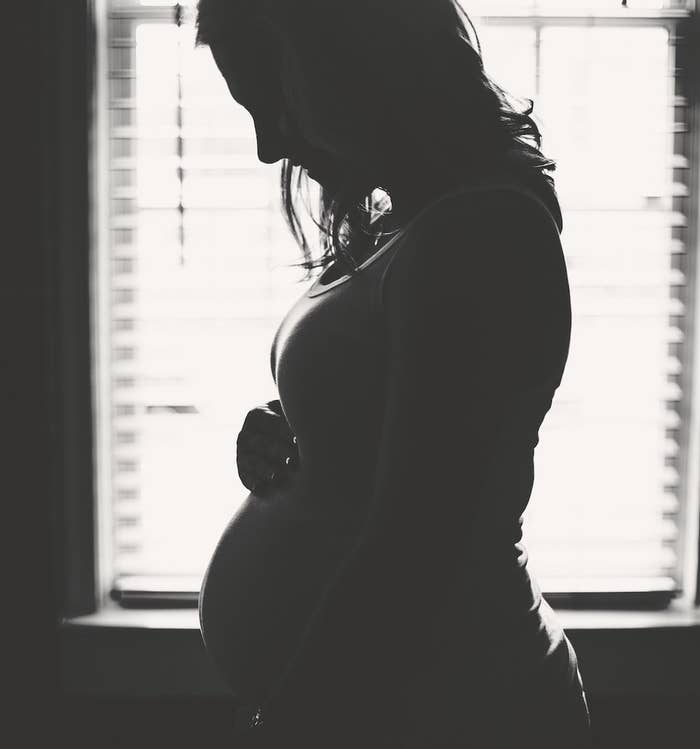
2. You might confuse some of the symptoms with just being pregnant, but there are things to look out for.

3. Don't be afraid to bring it up to your doctor, because prenatal depression is 100% treatable.
4. And if possible, seeing a specialist like a reproductive psychiatrist can be super helpful.
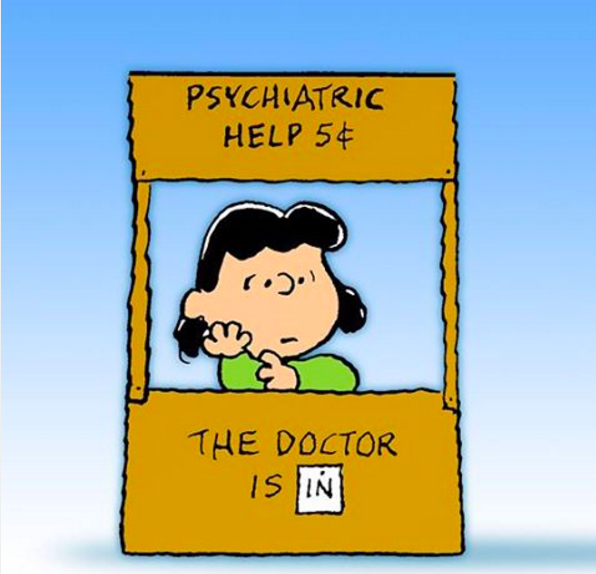
5. Nobody is immune, but there are some factors that might make you more likely to develop it.
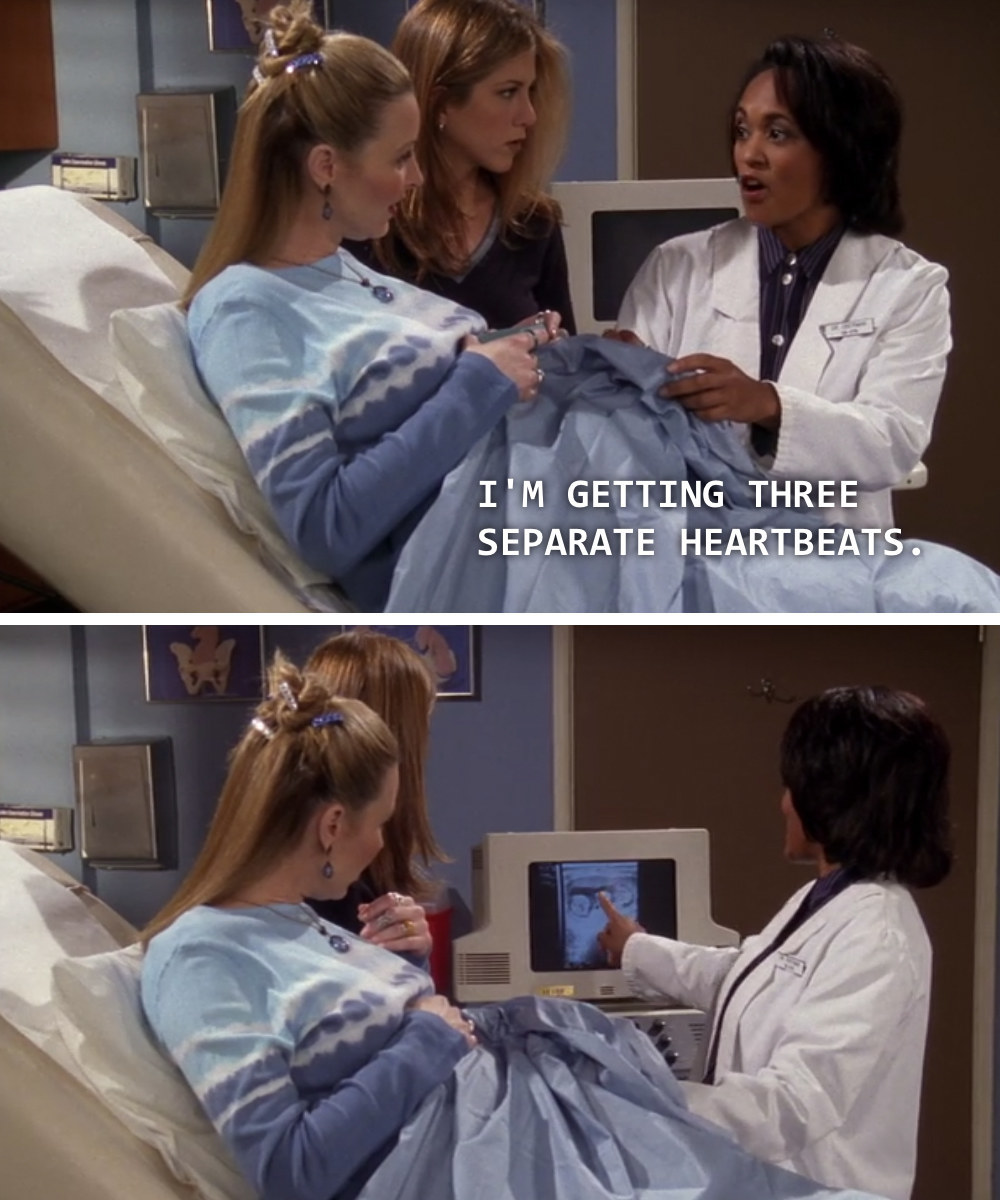
6. Untreated depression has been associated with complications during pregnancy and birth.

7. Treating your depression during pregnancy can also lower your risk of developing postpartum depression.
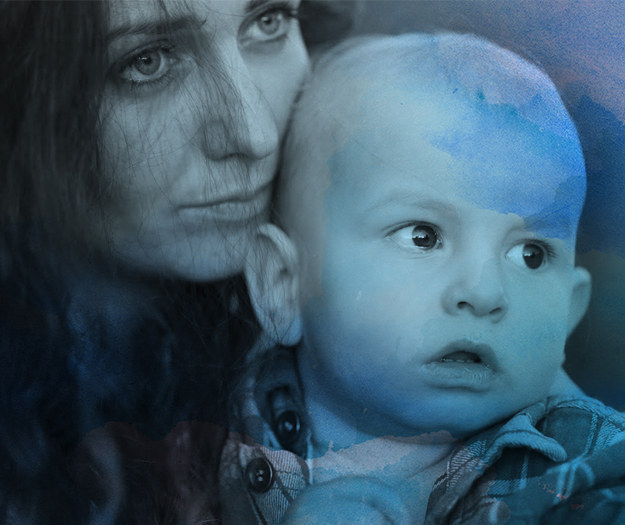
8. Your doctor will take many things into consideration when deciding the most appropriate course of treatment.
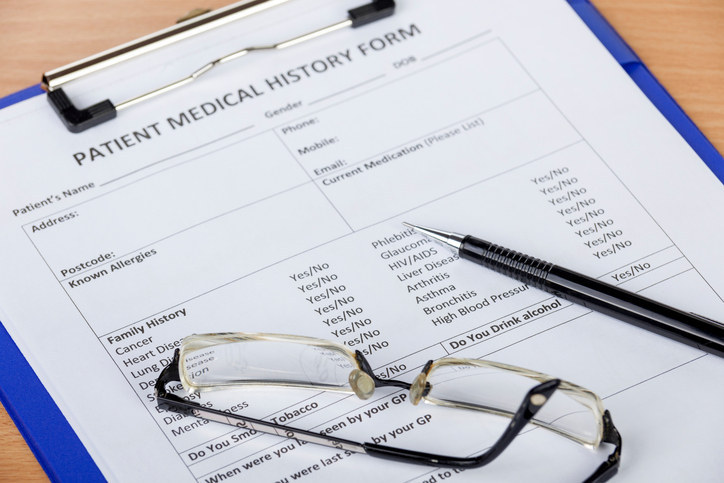
9. And a good doctor will never pressure you into one kind of treatment — they're only there to help you make the best decision for you.
10. Doctors agree that research points towards antidepressants being generally safe to use, but experts can't guarantee there aren't some risks.
11. So when deciding if antidepressants are right for you, it's important to put the current research into perspective.
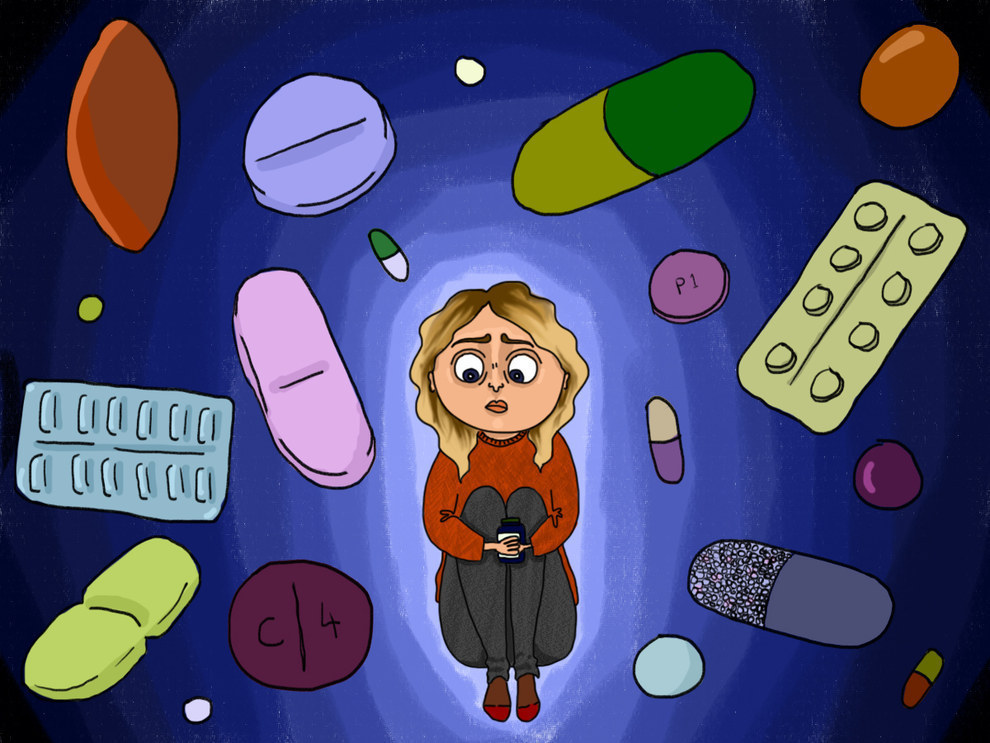
12. Therapy has also proven to be an equally effective method of treatment for some.


Medication isn't the only option. "Therapy can be extremely useful and can be enough to carry a woman through a pregnancy," says Bennett. "It's all about what's going to work right for you."
This could also include working with your doctor to design a regimen involving light therapy and supplements.
13. Outside of professional treatment, there are also things you can do to improve your symptoms day-to-day, like sleep and exercise.
14. Eat on a clock because you can’t trust your body to tell you when to eat when you’re depressed and anxious.
15. Set up a support system and actually talk about what you're going through.

16. If you have a history of depression, it can help a ton to set up a mental health plan of action before you get pregnant.

17. At the end of the day, remember that you deserve to get help, and that there are treatments available to you.
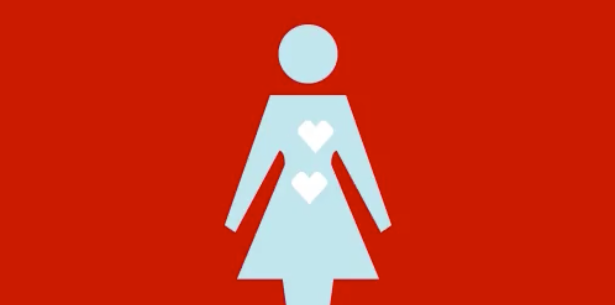
![Parenting Week [RIDEALONG] badge](https://img.buzzfeed.com/buzzfeed-static/static/2016-05/enhanced/buzzfeed-prod-fastlane01/badge_images/parentingweekridealong.png?output-format=jpg&output-quality=auto)
